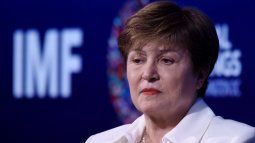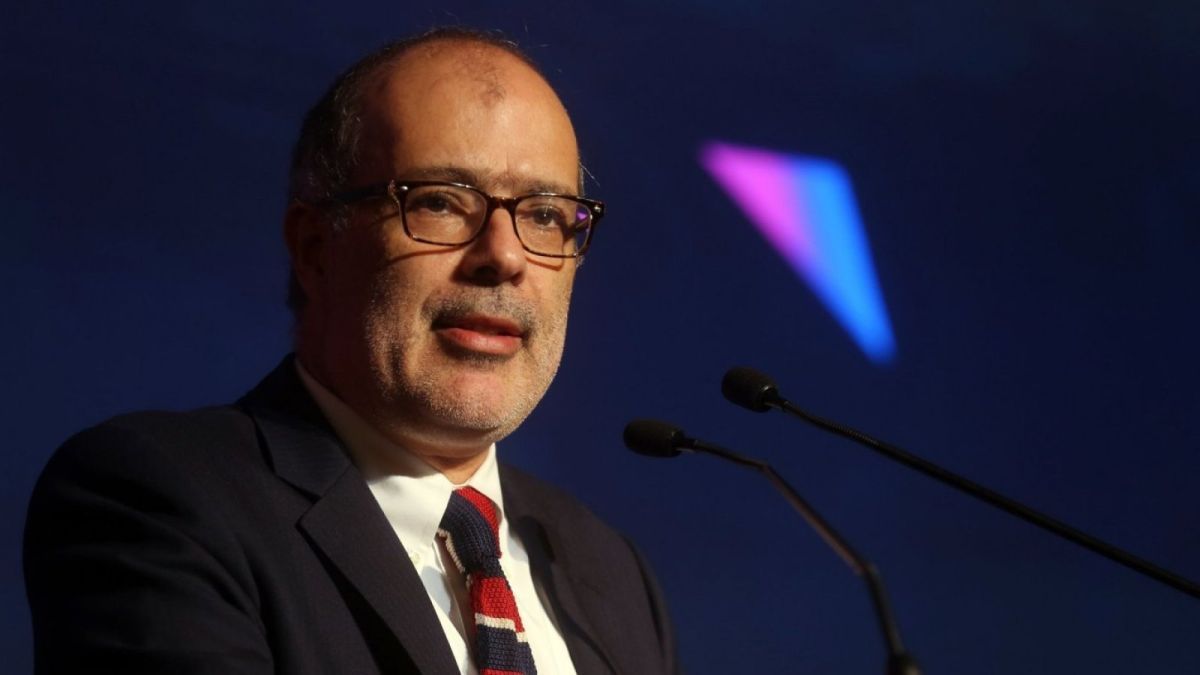Rodrigo Valdés appeared yesterday in society before the Argentine officials who negotiate directly at the headquarters of the International Monetary Fund or via zoom through screens that showed the renewal of the Extended Facilities to the highest negotiating leadership in the country. The Chilean, who since Monday officially manages the management for the Western Hemisphere, personally showed himself as the person the country should count on to carry out the inspections and direct controls of the agreement.
The content you want to access is exclusive to subscribers.
Although he is not yet the person with whom the new conditions are being discussed, he openly stated that he will join the negotiating team and that he will be directly responsible for closing the talks and, obviously, for the future quarterly controls of their execution. . Valdés also confirmed in these internal meetings something that already seemed inevitable since yesterday: that, beyond the fact that many fundamental points and chapters are already in a situation of signing, to close the new agreement there are still several chapters to discuss. And on these, including several controversial ones, there will be direct intervention from Valdés.


From what was known until yesterday, the guidelines for what is negotiated in Washington and Buenos Aires imply the following. In the first place, there would be no new debt, but an acceleration of the transfers committed until the end of the year by the IMF. The agency had to turn around US$4.5 billion per quarter until the end of the year, which implies a total of US$13.5 billion. That money, according to the current agreement, must be used to pay the IMF itself in the standby quarterly maturities, which implies payments of about US$3.5 billion. In short, those US$13.5 billion must be derived from quarterly settlements for a total of US$10.5 billion. The rest of the money, some US$3 billion, corresponds to other general expenses that the country has with the IMF. What the agency proposes is that the payments committed by the standby signed in the government of Mauricio Macri be moved to a new schedule, but with the acceleration of all disbursements to July. Or before. Thus, the government would receive some US$10.5 billion, which would remain to reinforce the Central Bank’s reserves.
Second, Argentina should instead commit to implementing fiscal contraction policies immediately, including the elimination of subsidies to public utility rates, advancing the much-delayed revaluation of real estate, public works, and other expenditure and revenue fronts. There is doubt in the IMF about renegotiating the final goal of a primary fiscal deficit of 1.9% of GDP for 2023.
Third, the US$10.5 billion could not be used to carry out an exchange policy to contain the current value of the currency in the different markets; with which operations such as the one that the government began to apply in the MEP and the CCL would be prohibited. It remains for negotiation if a devaluation or some type of direct intervention in the exchange markets with these currencies is also claimed.
Fourthly, the IMF calls for political agreements. This would include some type of support from the opposition, given that part of the negotiation implies the shifting of expirations from this year to the next, when Alberto Fernández will no longer be in the Government House, regardless of whose political color expires in the elections this year.
Within the framework of the ongoing negotiation, yesterday the Government paid the agency a maturity of almost US$800 million with the rest of the last disbursement received.
Source: Ambito




